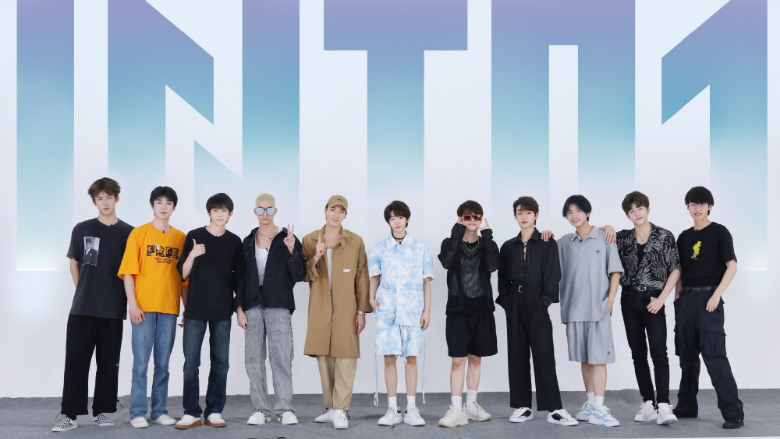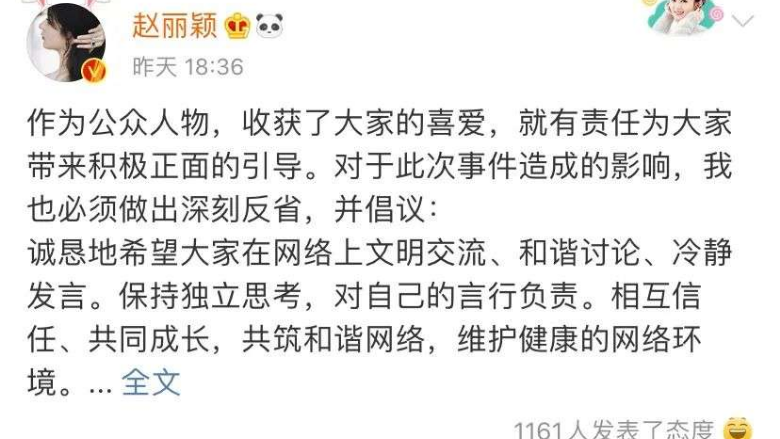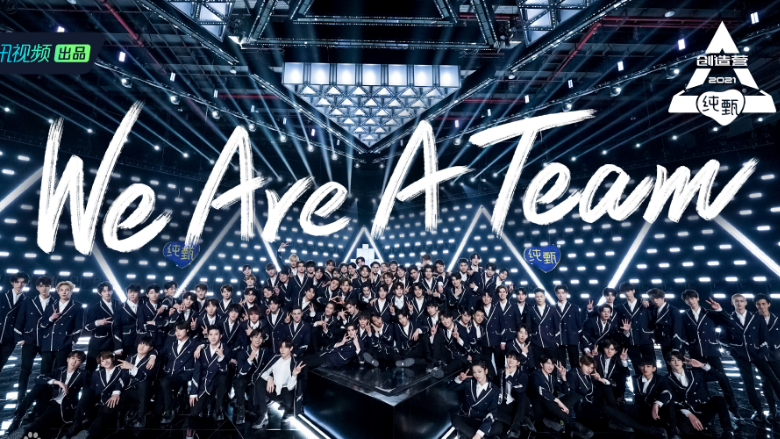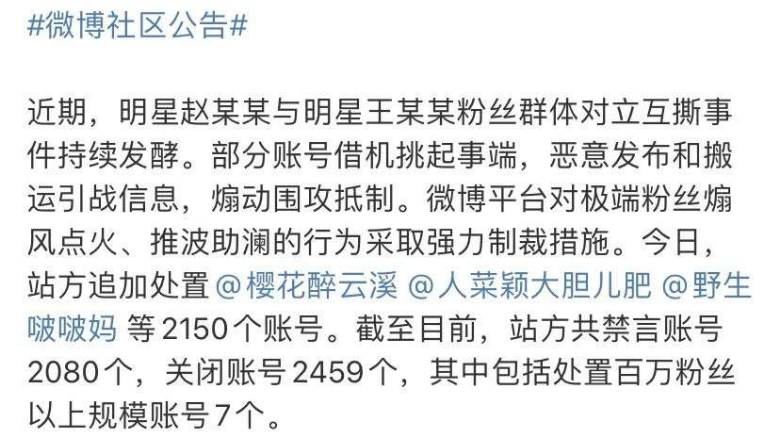More than 100 celebrities collectively posted statements on Sina Weibo to call on their fans to keep a friendly cyber environment. It is not the first time celebrities have publicly urged fans to stop online abuse, so why is this behaviour such a problem on China’s social media platforms?
Sun tried to cover the screen with her hands, but the nasty picture was still seen between her fingers. A blurred image with a similar face and indecent suggestion, the comments under the picture were all the accusations of sex work about her favourite idol.
Restrained the discomfort of seeing the picture, Sun recorded this Weibo post’s link quickly, she has taken on the task of cleaning up the social media channels of her favourite idol, Liu Yu.
“The horrifying pictures, bogus pornographic photos and unendurable swearing, these are the things I see all the time when I open the links”, said Sun, 23-year-old and working in Shanghai.
Sun is a super-fan of Liu Yu, the leader of the Chinese boy band INTO1, who have over four million followers on Sina Weibo, the social platform equivalent of Twitter in China. As an important platform that Liu Yu can promote his public image, Weibo was filled with fake information and abuse against him, it really hit Sun hard.

“At first I was scared by the sudden appearance of horrifying images or angry at the maliciously faked photos, but now I’m numb to them,” said Sun. However, helped her idol maintain his public image doesn’t make her feel fulfilled.
“I used to think that following celebrities would make me stronger, but actually I feel more vulnerable inside,” said Sun. Many times, Sun think about giving up and leaving fan group, but as she had put in so much time and effort, she persuade herself to support Liu Yu a little longer.
On Weibo, abusive behaviour not only exists between fans and anti-fans but also happens in different fan groups. As of August, more than 166 celebrities posted statements on Weibo for calling on fans to stop online abuse. However, there are still some fans who make offensive comments on Weibo.
“As a public figure who is loved by audiences, it is my responsibility to bring positive guidance to everyone, and I must reflect on myself deeply about the impact of this incident,” said Liying Zhao, a famous actress in China who has 90 million followers on Weibo, was apologizing for her fans’ aggressive action online.
In August, because of abusing on Weibo massively, some of Linying Zhao’s fan groups were banned to post, including her official studio’s account and a super-fans account with more than two million fans.

Zhao’s fans don’t want her to cooperate again on a TV series with Yibo Wang, a famous Chinese actor, so they attempted to cause flame wars on Weibo. “It is better to make a big deal out of it!”, “The more chaos, the better, so that studio can see our fans’ attitude.” Then Zhao’s fans started verbal aggression with Wang’s fans, abused each other online.
Under the supervision of the Cyberspace Administration of China (CAC) and “Qing Lang Organization”, about two thousand Weibo accounts were closed, two thousand accounts were banned to post on this issue.
It was not the first time that CAC and governmental media warn against online abuse caused by celebrities and their fans. But why does this phenomenon keep happening?
“This is because there is too much bad competition and too many different kinds of charts,” said Ning Zheng, the director of Cultural Rule of Law Research Center. As a “Xiu Fan” which means people who support their favourite idols from trainees to debut in some programs such as “Chuang 2021” and “Youth with You”, Sun thinks the unfair competitions and falsified charts exacerbate the deterioration of the online environment.
“If we investigated the development of Chinese fan culture, I think that in 2018 the development of entertainment industry has entered a new period. The symbol was the emergence of debut shows such as ‘Chuang’ and ‘Youth with You’,” added Ning Zheng.

These two programs are modelled on a Korean show called “Produce101”. The show will select 100 trainees and only 11 of them will debut from the program and organize a temporary male band for about one year.
Since the beginning of the program, fans have been voting for the trainees they support, helped them to have higher rankings in various charts. The fierce competition and a limited number of debuts make every vote count, fans were also becoming more extreme in their behaviour.
Because of the limited number of free votes, fans had to buy the products of the sponsor, a kind of milk drink, with a QR code for voting printed inside the cap, to get extra votes.
Most of the online fan clubs have opted for collecting money, in that way fans can transfer money to the fan club and the staffs in the fan club are responsible for buying milk drinks and voting.
The show ran for up to three months, the fan clubs of some popular trainees can end up raising tens of millions of yuan. In the case of “Chuang 2021”, the show where INTO1 debuted, the fans of the final 11 trainees raised a total of 150 million yuan.
“We put so much time and money into the trainees we support, we don’t allow any rivals to overtake us,” said Sun. “Once we found out that the vote was exceeded, we started to suspect that the fan club didn’t use our money in the right way, or the rivals were cheating on vote figure,” added Sun.
If the fan groups or the rivals can’t show the details of the vote, then some fans will swear at the fan club, other trainees, even the program to fight for a fair outcome. “But at the end, I’m not sure if the trainees are competing or we fans are competing,” said Sun.
“Arguing on Weibo is not the thing we would like to do, but the situation on Weibo seems to be that the louder we scream, we look more justified,” said Sun. As a super-fan, she can totally understand why some of Liying Zhao’s fans must cause quarrels.

To curb fans’ aggressive behaviour on the internet, in May, the Cyberspace Administration of China (CAC) launched a new round of ‘Qing Lang Operation’, this time, CAC stated that they will tackle online abusive and criminal behaviour vigorously.
Constraining fans’ online behaviour has become a priority for CAC. “The main goal of ‘Qing Lang Operation’ is to clean up false information, resolutely eliminate malicious anti-fans, dispose of the social media platforms that condone the chaos,” said Congjun Zhang, the Director of the Bureau of Comprehensive Network Governance in CAC.
Congjun Zhang said: “We will certainly punish them severely and seriously for these websites and platforms that repeatedly fail to improve.”
By August, the “Qing Lang” operation had cleaned up more than 150,000 pieces of harmful information, disposed of more than 4,000 illegal accounts and closed about 1,300 problematic online groups on Sina Weibo.
Under strict control, the number of incidents of online abuse by fans dropped significantly in the short term. “Many super-fans are now afraid to offend people randomly or deliberately start a flame war,” said Sun. But she doubts the lasting impact of this operation.
“It seems that fans don’t offend each other anymore, but in fact, they have grievances in their hearts, when the ‘Qing Lang’ operation is over, the online aggressive behaviour will slowly emerge again,” added Sun. She thinks that without a complete shutdown of some charts and shows that encourage fans to engage in vicious competition, the online abuse will continue.
In September, the National Radio and Television Administration stated that all the platforms have to stop recording idol debut programmes and control the voting process strictly.
